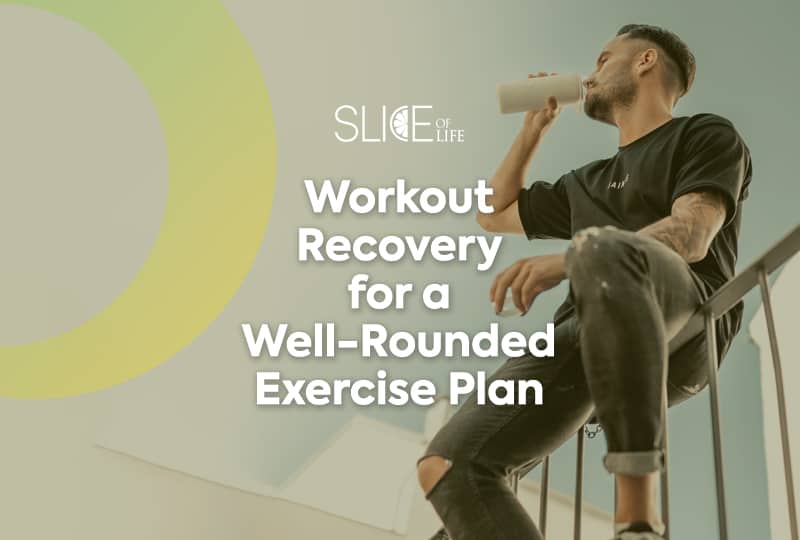Lots of emphasis is placed on the benefits of an intense workout, but not as much is said about the need for proper rest and recovery. Yet a well-organized workout plan paired with active recovery creates a recipe for longer-lasting physical health. Verywellfit summarizes the necessity of recovery for athletes of all levels in their article “Why You Need Rest and Recovery After Exercise”.
What happens when the body is in recovery
During rest, our bodies actually perform a long list of crucial tasks. Our muscles begin to repair themselves, as exercise depletes muscle glycogen, the body’s energy stores. Muscle tissue also breaks down during exercise, but appropriate muscle recovery time gives the body the chance to bounce back, replenishing energy and repairing tissues. Conversely, if you don’t give yourself enough time to recover, your performance will suffer and you may experience prolonged muscle pain and tenderness. We all know the feeling when we have pushed it too hard, too long. It’s a feeling best avoided.
A balanced workout to recovery ratio also helps the body to gradually adapt to greater physical exercise and stress, resulting in improvement, avoiding plateaus and preventing injury. Overtraining is also a possible concern, a problem that affects roughly 60% of elite athletes and 30% of non-elite athletes, according to Curr Sports Med Reports. Overtraining can increase body fat, make you dehydrated, lower libido and negatively impact mood, according to the Journal of Sports Science. Lastly, you need time to relax and enjoy other healthful activities, such as social time with friends and family.
How to recover thoughtfully
Active and passive recovery are both helpful ways to rest your body. Passive recovery means taking the entire day off from exercise. Active recovery involves low-intensity exercise for minimal stress on the body, such as walking, stretching and yoga. It is suggested to schedule a rest day (or two) at least every seven to 10 days if you engage in high-intensity exercise, as stated by the American Council on Exercise (ACE).
If you have just completed a workout, be sure to take these steps:
(Adapted from Cleveland Clinic’s “ A Post-Workout Recovery Plan for Healthy Muscle Growth”)
- Stretching should always be part of your cool-down process to release built-up muscle tensions. About five to 10 minutes of stretching will help your body ease gradually into a resting state, or close to it.
- Hydration is key, especially after a workout. Drink lots of water, because otherwise you may dehydrate and experience muscle cramps, headaches and fatigue, as well as poor physical performance.
- Sweating depletes the supply of electrolytes in the body, such as sodium chloride, potassium, magnesium and calcium. These minerals are essential for a healthy body, so replenish these after a workout or a game. Sports drinks can help with this, as well as nutritious snacks like bananas, oranges, raisins, peanuts and walnuts.
- Protein helps rebuild muscles after physical exertion. Good protein sources include eggs, fish, chicken, protein bars or shakes.
- Seven to nine hours of sleep a night is recommended for general health, but it is even more crucial when engaging in high-intensity activity.
The main thing is to build up to a sustainable and healthful workout schedule for you. You could for example have three days of strength training, two days of cardio and two days of active rest. The exact mix by definition would look a bit different for each person, depending on the goals of exercise and the time available to devote to it. Here at Life University (Life U), we believe in everyone’s innate ability to unlock their optimum potential and to live a healthy vitalistic lifestyle. Don’t forget to visit the Life U Fitness Center for fitness classes, state-of-the-art weight training equipment and friendly faces!
Slice of LIFE is an invitation to and extension of everything happening at Life University. Whether you are a current student, a potential freshman or a proud alum, Slice of LIFE can help keep you connected to your academic community. Know of a compelling Life U story to be shared, such as a riveting project, innovative group or something similar? Let us know by emailing Marketing@life.edu.


Social Media